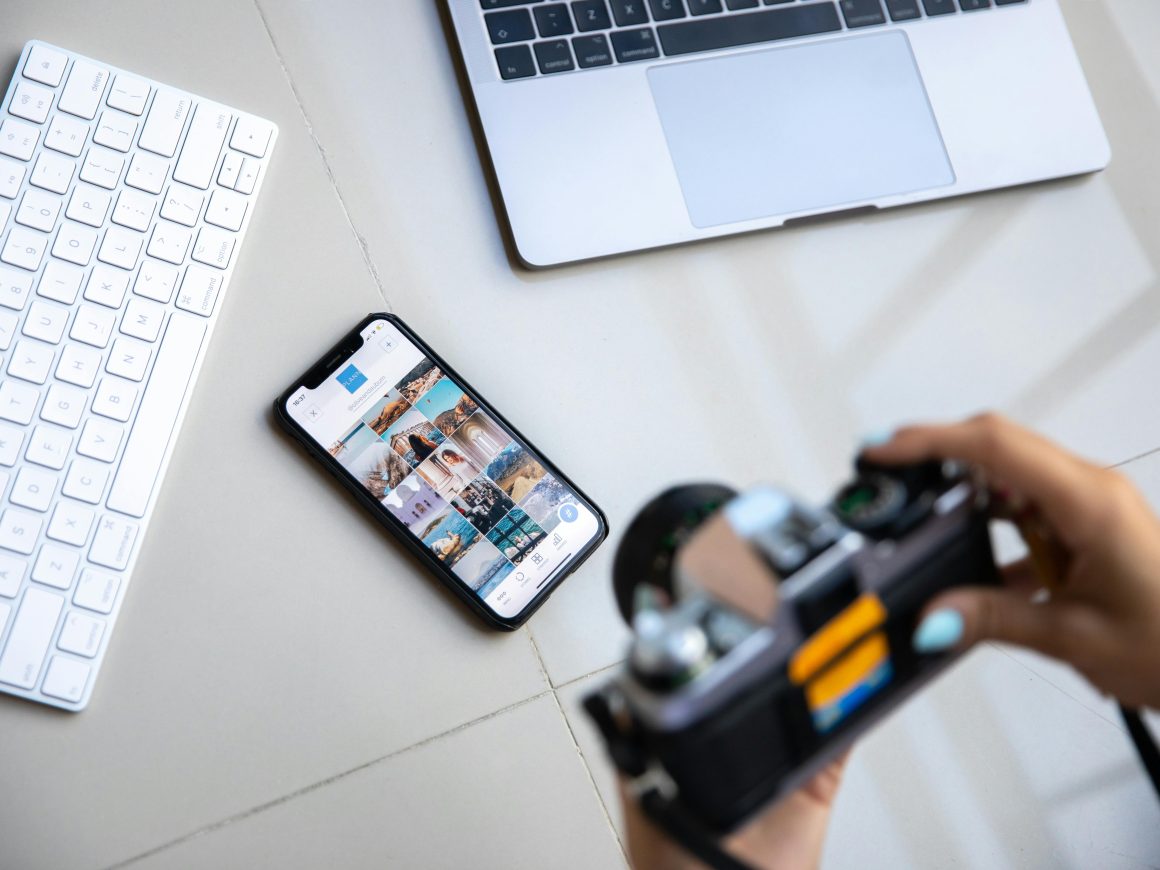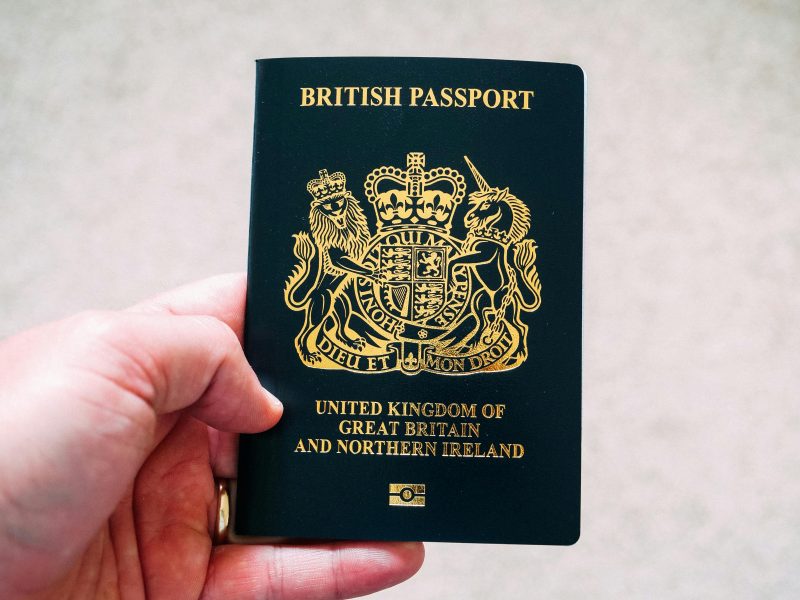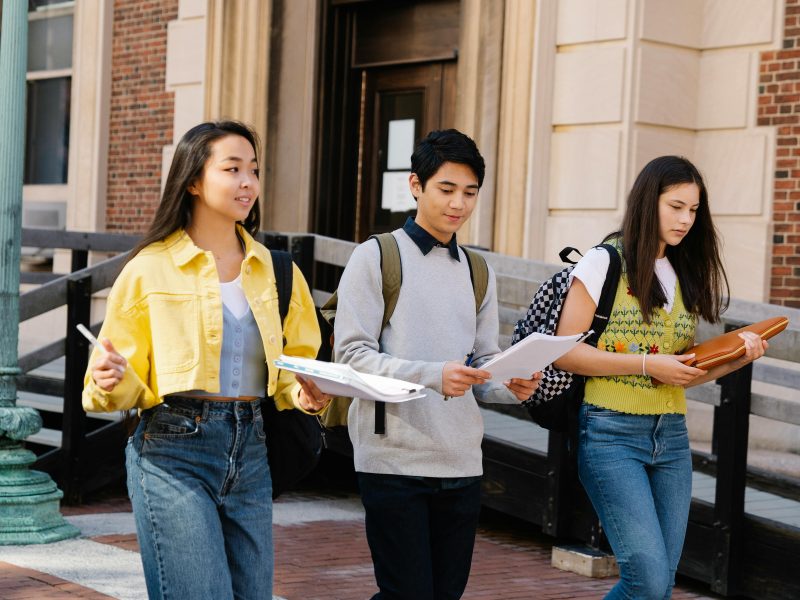How Social Media Can Affect Your USA/Australia Visa Application
How Social Media Can Affect Your USA/Australia Visa Application: How Social Media Can Affect Your USA/Australia Visa Application, In today’s digital age, social media plays an integral role in our daily lives. Platforms such as Facebook, Twitter, Instagram, LinkedIn, and TikTok allow individuals to share their experiences, express their opinions, and connect with others. However, many visa applicants may not realize that their social media activity can have a direct impact on their ability to obtain a visa to the United States or Australia.
Governments around the world, particularly the United States and Australia, have implemented stricter measures for vetting visa applicants, including scrutinizing their online presence. Immigration authorities now consider social media activity as part of the background check process.
This article explores how social media usage can affect your visa application for both countries, potential risks, and how to manage your online presence responsibly.
The Role of Social Media in Visa Processing
United States
In 2019, the U.S. Department of State implemented a policy requiring most visa applicants to provide their social media handles from the past five years. This move is part of the government’s broader efforts to enhance national security and prevent fraudulent applications. The policy applies to both immigrant and non-immigrant visa applicants, including tourists, students, and work visa seekers.
The U.S. authorities check applicants’ social media activity to:
- Verify consistency with the information provided in the visa application.
- Identify potential security threats or affiliations with extremist groups.
- Assess the applicant’s credibility and character.
Australia
Similarly, the Australian government also reviews social media profiles of visa applicants as part of its vetting process. The Department of Home Affairs examines social media activity to ensure that the applicant’s claims match their online behavior. For example, an applicant for a partner visa who claims to be in a genuine relationship may be scrutinized if their social media presence suggests otherwise.
The Australian immigration authorities review social media for:
- Discrepancies in the applicant’s visa application.
- Evidence of criminal activity or associations with illegal groups.
- Public behavior that may reflect negatively on the applicant’s character assessment.
How Social Media Can Negatively Impact Your Visa Application
1. Inconsistencies Between Online and Official Information
One of the main reasons visa applications are denied is discrepancies between what an applicant states in their application and what appears on their social media. If an applicant claims to be single but posts pictures of a wedding or anniversary, this can raise red flags. Similarly, if a student visa applicant states they plan to study full-time but their social media suggests they are working in a different field, their application may be questioned.
2. Connections with Suspicious or Illegal Activities
Associating with or engaging in extremist, criminal, or illegal activities online can be grounds for visa denial. Even if an individual is not directly involved in such activities, having friends or followers who promote unlawful behavior can be enough to cause concern. The U.S. and Australian immigration authorities may see such connections as a potential security risk.
3. Negative Public Behavior or Offensive Content
Racist remarks, offensive jokes, or inappropriate content can reflect poorly on an applicant’s character. Many countries, including the United States and Australia, take character assessments seriously when granting visas. If an applicant has a history of posting inflammatory or offensive content, their visa may be rejected based on concerns about their behavior and values.
4. Engaging in Fraudulent Activities
Posting misleading or fraudulent information on social media can have severe consequences. If an applicant falsely claims on their social media that they have a job in a foreign country while applying for a work visa, immigration officials may see this as an attempt to misrepresent their intentions. Any signs of deceit or fraud can lead to an immediate visa rejection.
5. Evidence of Unauthorized Employment or Overstaying
If a person has previously overstayed a visa or worked illegally in a country, their social media posts might reveal such information. For example, a post mentioning an extended stay beyond the permitted period or showing employment without proper authorization can be used as evidence against the applicant.
How to Manage Your Social Media Before a Visa Application
Given the increasing scrutiny of social media by immigration authorities, visa applicants should take proactive steps to ensure their online presence does not harm their chances of approval. Here are some essential tips to manage your social media effectively:
1. Review Your Privacy Settings
While making social media accounts private does not guarantee full protection, it does limit the visibility of your personal information. Adjusting privacy settings ensures that only trusted individuals can see your posts and interactions.
2. Be Honest and Consistent
Ensure that the information you provide on your visa application aligns with your social media presence. Any inconsistencies can raise red flags, so it’s crucial to maintain accuracy across all platforms.
3. Avoid Posting Sensitive Information
Refrain from posting content related to illegal activities, controversial political opinions, or anything that could be interpreted negatively. Even jokes or memes that seem harmless could be taken out of context by immigration officials.
4. Clean Up Your Digital Footprint
Before submitting a visa application, conduct a thorough review of your past posts. Remove or edit any content that may be inappropriate, misleading, or inconsistent with your application.
5. Be Mindful of Your Online Interactions
Your friends, followers, and interactions also matter. If you are associated with individuals involved in illegal or suspicious activities, it may reflect poorly on you. Avoid engaging with or sharing content from unreliable sources.
Case Studies of Social Media Affecting Visa Applications
Case 1: Denied U.S. Visa Due to Political Opinions
A student from the Middle East was denied entry to the U.S. after immigration officials found anti-government tweets on his social media account. Despite having a valid visa, he was deported upon arrival due to concerns over his online activities.
Case 2: Australian Partner Visa Rejection
An applicant for an Australian partner visa claimed to be in a committed relationship, but social media evidence suggested otherwise. Immigration officials found posts indicating the person was involved with someone else, leading to the visa refusal.
Case 3: Overstaying Evidence Found Online
A tourist who had previously overstayed in the U.S. applied for another visa. Immigration officials found social media posts revealing their extended stay, leading to the denial of their application.
The Role of Social Media in Visa Applications
Both the U.S. and Australian immigration authorities have incorporated social media screening into their vetting processes. The primary reasons include:
- Verification of Information – Authorities check if the details provided in the visa application match the applicant’s online activities.
- Security and Risk Assessment – Posts or interactions linked to illegal activities, violence, or extremist ideologies can lead to visa denials.
- Fraud Detection – Inconsistencies in employment history, marital status, or travel history can raise red flags.
- Public Perception and Conduct – Offensive, discriminatory, or suspicious online behavior may negatively impact visa decisions.
Challenges of Social Media Impact on Visa Applications
1. Privacy Concerns
One of the biggest challenges is the lack of clarity on privacy. Even private accounts can sometimes be accessed through government tools or collaborations with tech companies. Applicants may feel that their personal space is being invaded.
2. Misinterpretation of Content
Context is crucial when assessing social media posts. A joke, meme, or sarcastic remark might be misinterpreted as something offensive or inappropriate, potentially harming your visa application.
3. Association with Suspicious Individuals or Groups
Engagement with people or organizations flagged by authorities—intentionally or unintentionally—can be seen as a security concern. Even if you do not share their beliefs, affiliations with controversial figures may negatively impact your application.
4. Inconsistent Information
Discrepancies between the information provided in visa applications and what appears on social media profiles can lead to immediate rejections. For example, if an applicant claims to be single but posts about their spouse, it raises suspicion.
5. Negative Online Behavior
Posts containing hate speech, violent rhetoric, or extremist views can be grounds for visa denial. Even engaging with such content through likes, shares, or comments can put an applicant at risk.
6. Frequent Travel Patterns and Employment Issues
If social media reflects a lifestyle inconsistent with the stated employment status—such as frequent international travel despite claiming unemployment—it can lead to further scrutiny.
Tips to Prevent Social Media from Affecting Your Visa Application
1. Review and Clean Up Your Online Presence
Before applying for a visa, conduct a self-audit of your social media accounts. Remove any posts that could be deemed offensive, misleading, or contradictory to your application.
2. Ensure Consistency in Information
Make sure that your employment history, educational background, and travel details align with what you provide in your visa application. Any inconsistency can raise red flags.
3. Adjust Privacy Settings
While authorities may still access private accounts, limiting public visibility reduces the chances of unnecessary scrutiny. Set personal posts to private and be mindful of what you share publicly.
4. Avoid Controversial Topics
Steer clear of sharing or engaging with politically sensitive, extremist, or offensive content. Even expressing strong opinions on government policies or immigration matters could be misinterpreted.
5. Be Cautious About Online Connections
Avoid associating with individuals or groups that have controversial or criminal backgrounds. Even indirect connections can be flagged during background checks.
6. Refrain from Posting Fake Information
Do not exaggerate job roles, travel experiences, or financial status. Authorities may cross-check details with other sources, and inconsistencies can lead to rejection.
7. Monitor Tagged Posts
Friends or acquaintances might tag you in posts that could be problematic. Regularly check your tagged content and remove anything that could affect your application negatively.
8. Keep Political Views Neutral
Publicly criticizing the government or immigration policies of the country you are applying to can work against you. Avoid making negative comments about visa processes, embassies, or officials.
9. Think Before You Post
Before posting anything, consider whether it could be misinterpreted. Avoid content that may appear reckless, irresponsible, or contradictory to your visa application details.
10. Seek Legal Advice if Needed
If you are concerned about your online presence affecting your visa, consult an immigration lawyer. They can provide guidance on how to address potential concerns.
Conclusion
How Social Media Can Affect Your USA/Australia Visa Application, In today’s digital world, social media plays a crucial role in determining the outcome of visa applications for the USA and Australia. Immigration authorities analyze online activities to verify identities, assess security risks, and detect fraud. To avoid complications, applicants must ensure their online presence aligns with their visa application details.
By being mindful of privacy settings, avoiding controversial content, and maintaining consistency in personal information, applicants can reduce the risk of visa denials due to social media activity. Taking these precautions will increase the chances of a successful visa application and a smooth immigration process.
Staying vigilant about social media use is no longer optional; it is a necessary step in securing a visa. Therefore, applicants should take proactive measures to present themselves responsibly online to avoid unnecessary complications in their visa journey.




